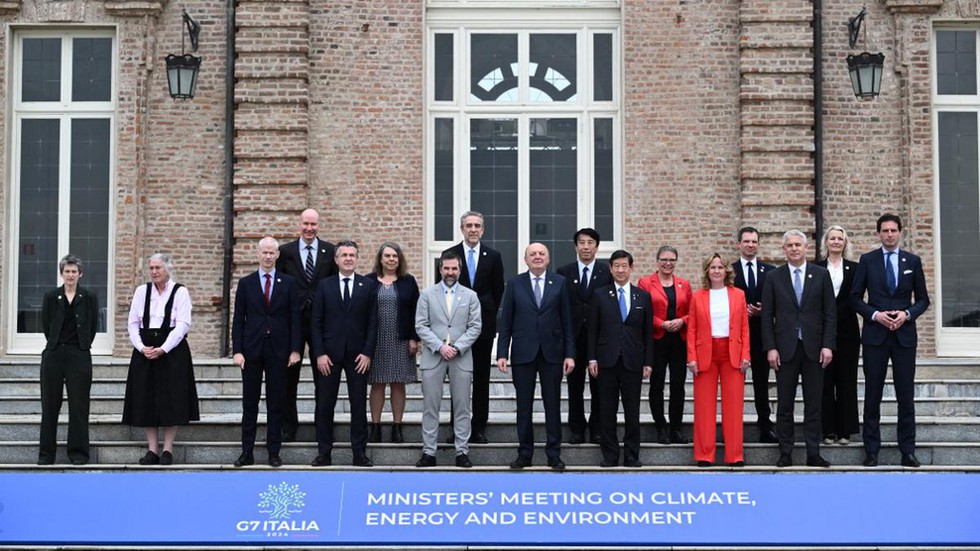In a landmark summit, leaders from the Group of Seven (G7) industrialized nations are discussing the possibility of establishing a concrete timeline for the phase-out of coal-fired power plants. This proposal is part of a broader effort to combat climate change and reduce carbon emissions.
Importance of Phasing Out Coal
Coal has been a major source of global energy production, but its environmental impact, including air pollution and greenhouse gas emissions, has prompted calls for its gradual replacement with cleaner alternatives. The potential end date for coal-powered plants underscores the urgency of transitioning to renewable energy sources such as solar, wind, and hydroelectric power.
Challenges and Considerations
While some G7 member countries have made significant strides in reducing their reliance on coal, others face challenges due to economic considerations and existing infrastructure.
Consensus and Collective Action
However, the consensus among G7 leaders reflects a growing acknowledgment of the need for collective action to address the climate crisis.
Broader International Efforts
The discussions within the G7 echo broader international efforts to accelerate the transition away from fossil fuels and towards sustainable energy systems.
Potential Impact
If a consensus is reached on setting an end date for coal-fired power plants, it could serve as a crucial milestone in the global fight against climate change, sending a clear signal to both public and private sectors about the direction of energy policy in the years to come.
Multiple Choice Questions (MCQs):
- What is the focus of the discussions among G7 leaders?
- A) Establishing a concrete timeline for the phase-out of coal-fired power plants.
- B) Increasing coal production globally.
- C) Ignoring climate change concerns.
- D) Expanding coal-fired power plants.
- What environmental impact has prompted calls for the replacement of coal with cleaner alternatives?
- A) Decreased air pollution.
- B) Reduced greenhouse gas emissions.
- C) Increased biodiversity.
- D) Improved soil quality.
- What challenges do some G7 member countries face regarding the phase-out of coal?
- A) Technological advancements.
- B) Economic considerations and existing infrastructure.
- C) Abundance of renewable energy sources.
- D) Lack of public support for renewable energy.
- What does the consensus among G7 leaders reflect?
- A) A denial of climate change.
- B) A disregard for economic factors.
- C) A growing acknowledgment of the need for collective action.
- D) A focus on increasing coal production.
